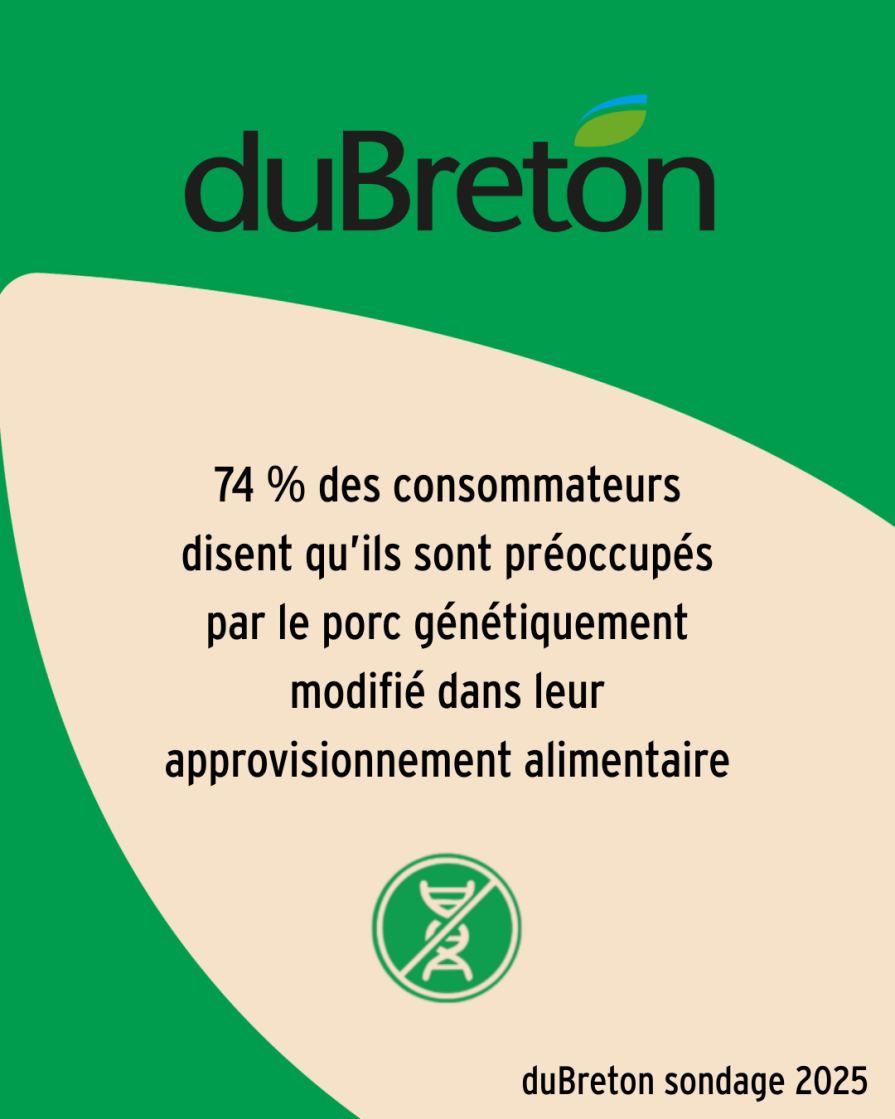Is there a real impact on your health if you eat organic food?

The question about the impact of eating organic versus conventional foods on health is often raised. It is difficult to separate the impact of organic food from all the other environmental factors that can affect health.
Everyone agrees that organic food is better for the planet and that everyone should eat organic food. When we think organic, we think of eliminating pesticides and genetically modified organisms (GMOs) that are found throughout the food chain. We think of better carbon capture at soil level and therefore better use of the soil, which allows its regeneration. It is also the elimination of synthetic chemical fertilizers that contaminate waterways and groundwater. For animals, it means the elimination of antibiotics that promote the production of resistant bacteria and a breeding based on well-being that respects the quality of life of the animal.
The only way to demonstrate the benefits of organic food is to do meta-analysis on large populations. A global literature review published in December 2019 by the journal "Nutrients" A Systematic Review of Organic Versus Conventional Food Consumption: Is There a Measurable Benefit on Human Health? gives us some very interesting information about the benefits of eating organic food.
Here are some interesting points that come out of this literature review.
- When all conventional food is replaced by a completely organic diet for 4-5 days for children or up to 22 days for adults, there is a reduction of up to 90% in pesticide excretion through urine.
- Semen from organic farmers contains more normal sperm and a higher concentration when compared to other non-organic farmers and airplane pilots.
- Eating an organic diet compared to conventional foods during pregnancy reduces the development of complications such as pre-eclampsia in women and reduces the incidence of cryptorchidism (an undescended testicle in the scrotum) or hypospadias (penile malformation) in male children.
- A study in France on the incidence of otitis in young children associated a reduction in the incidence of otitis episodes with the consumption of organic food during pregnancy. These studies link the presence of pesticide residues in the urine to the recurrence of otitis in children.
- A study in England of 1.3 million women over a 9-year period concluded that there was a significant reduction in non-Hodgkin’s lymphoma in participants consuming an organic diet.
- In terms of female fertility, studies find very positive associations between low pesticide exposure and birth success in women using assisted reproductive programs.
Recently the World Health Organization and the World Agency for Cancer Research reclassified organophosphate insecticides and glyphosate (Round Up) as probable carcinogens. Therefore, any reduction in exposure to conventional foods by eating organic foods will minimize your exposure to pesticides.
Eating organic pork and any other organic protein supports producers who raise animals without antibiotics, which reduces the growth of super bacteria, which are resistant to common antibiotics.
Eating organic pork is good for your health and for the overall health of the planet. Think about it!
Germain Camiré, consulting agronomist
Secretary of the Canadian Certified Organic Pork Producers




